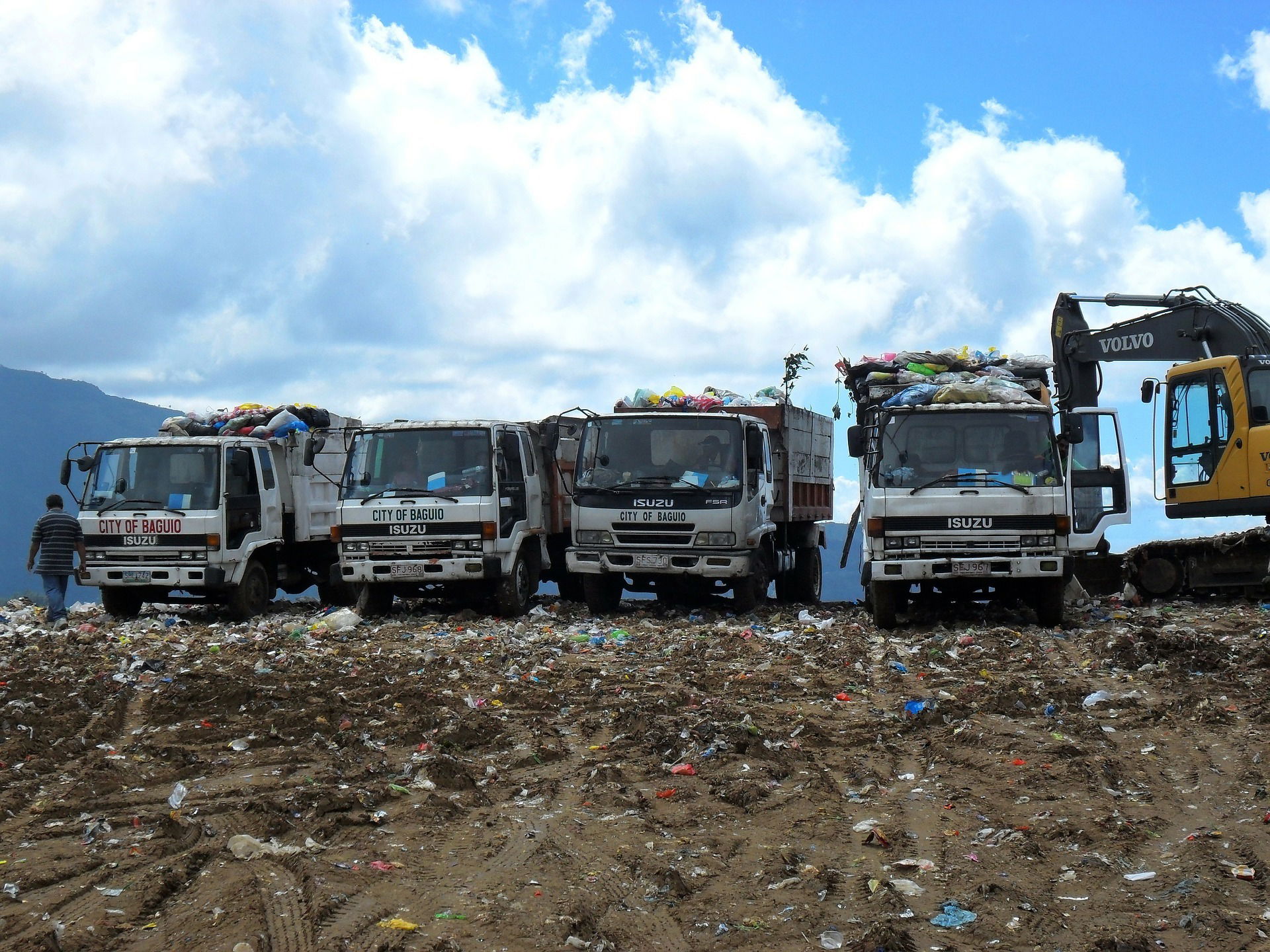Landfill Airspace Credits

Dry property, being community donations, electrical discards and recyclable packaging materials, are the items that consume the most space in the collection trucks, the landfill and wheelie bins.
By removing and processing these items separately, privately and using available human-power, Guardians are making a massive difference, on many levels.

Creating landfill airspace credits by recycling separately from the landfill system is a way to reduce the amount of waste disposed of in landfills and create additional capacity.
The basic idea is that by diverting recyclable materials from the landfill, operators can create credits for the additional airspace that is created as a result. These credits can then be sold or traded to other landfill operators or used to offset the cost of landfill operations, or as in our case, fund community programs.
This approach to creating landfill airspace credits requires a separate recycling system, separate from the landfill, to collect, process, and recycle the recyclable materials.
This can include curbside recycling programs, drop-off recycling centers, or other programs designed to increase the amount of recyclables collected.
By reducing the amount of waste that goes to landfills, the landfill airspace credits can be created and sold as a valuable commodity, providing a source of revenue for landfill operators and incentivizing waste reduction and recycling.
It is important to note that creating landfill airspace credits by recycling separately from the landfill system is just one aspect of a comprehensive waste management program. Effective waste management also requires proper waste disposal, leachate management, and protection of the environment and public health. Additionally, the financial benefits of creating landfill airspace credits through recycling must be carefully evaluated, as the costs of implementing and maintaining a separate recycling system can be significant.
Overall, while creating landfill airspace credits by recycling separately from the landfill system can provide some financial benefits, it is important to approach it as part of a comprehensive waste management strategy, taking into account environmental, public health, and financial considerations.